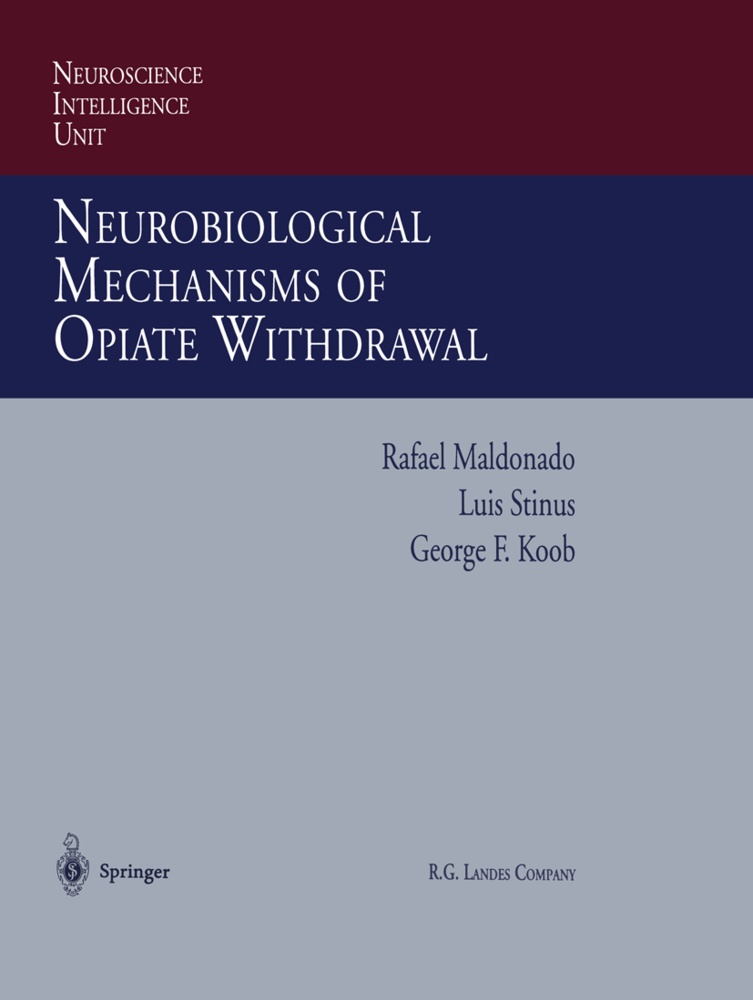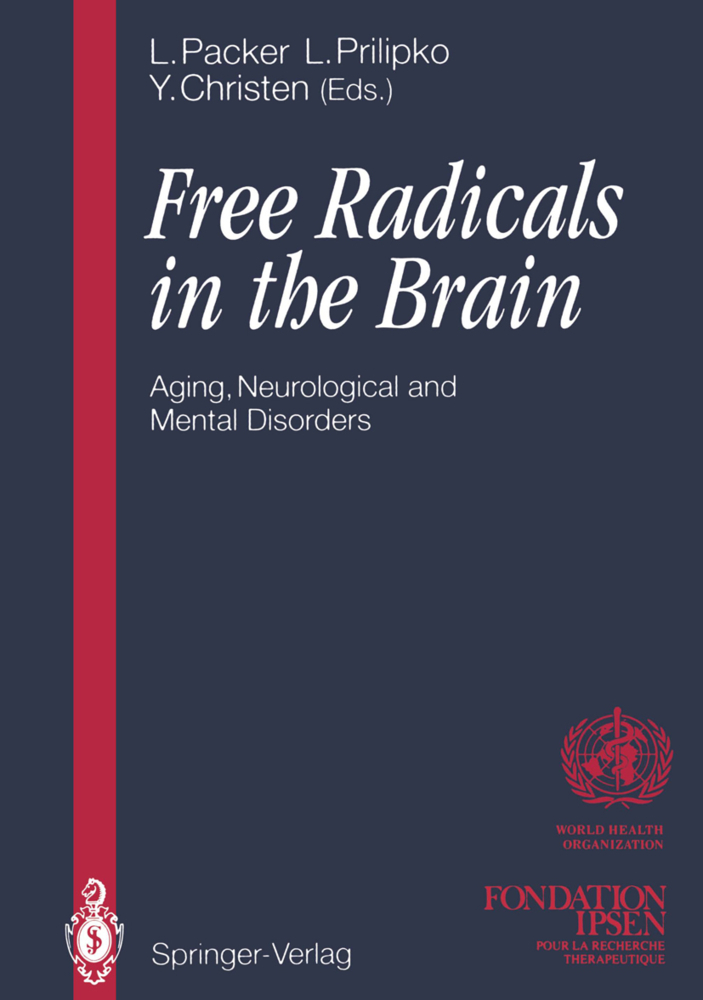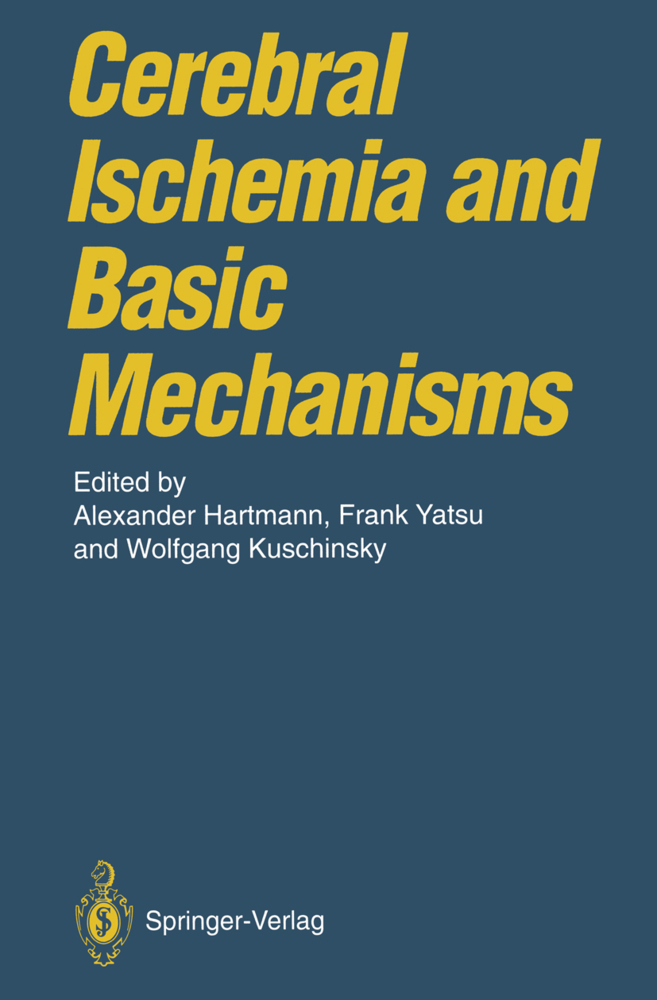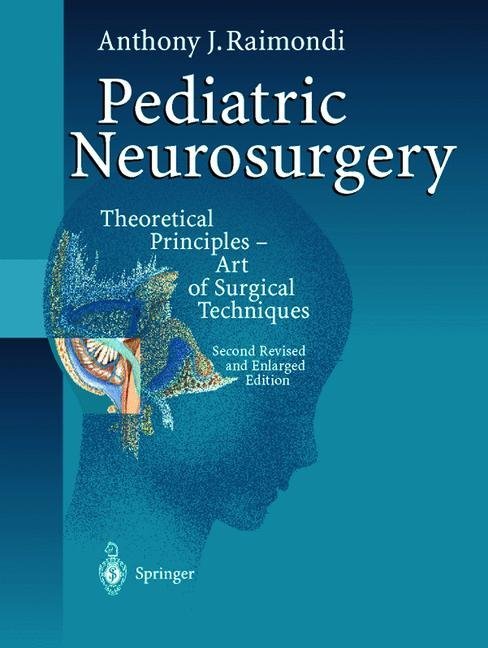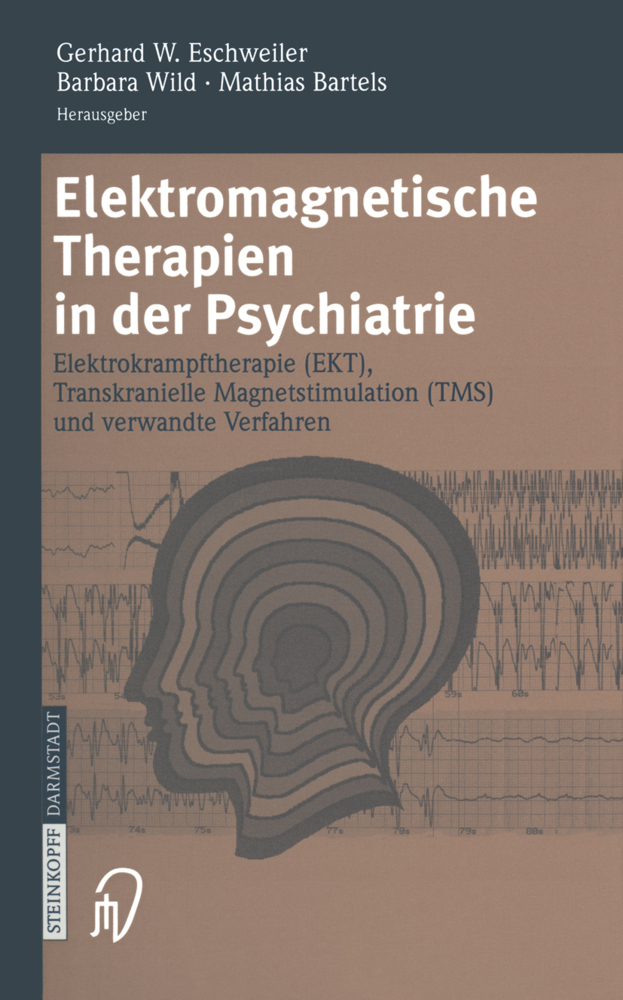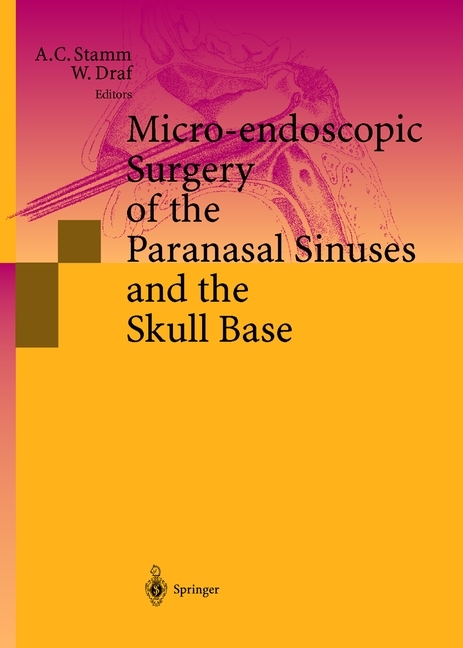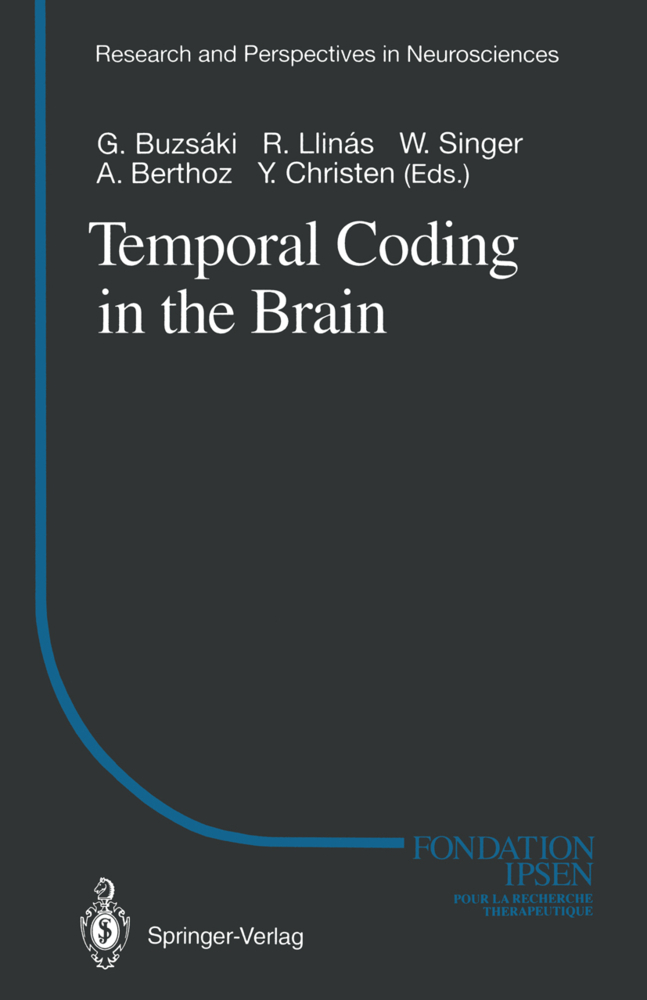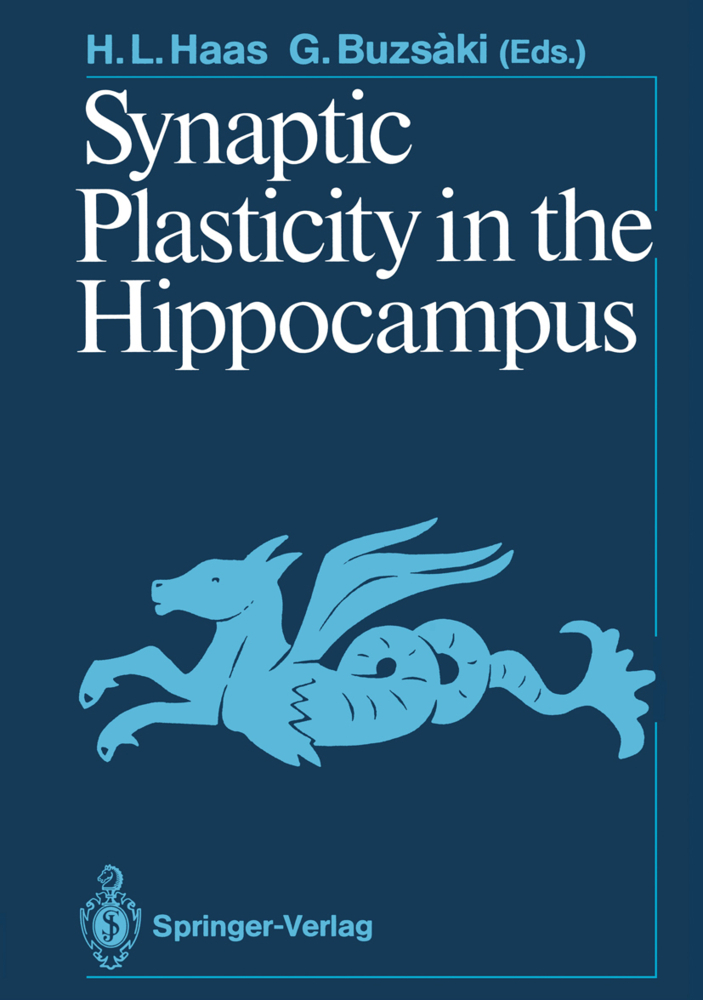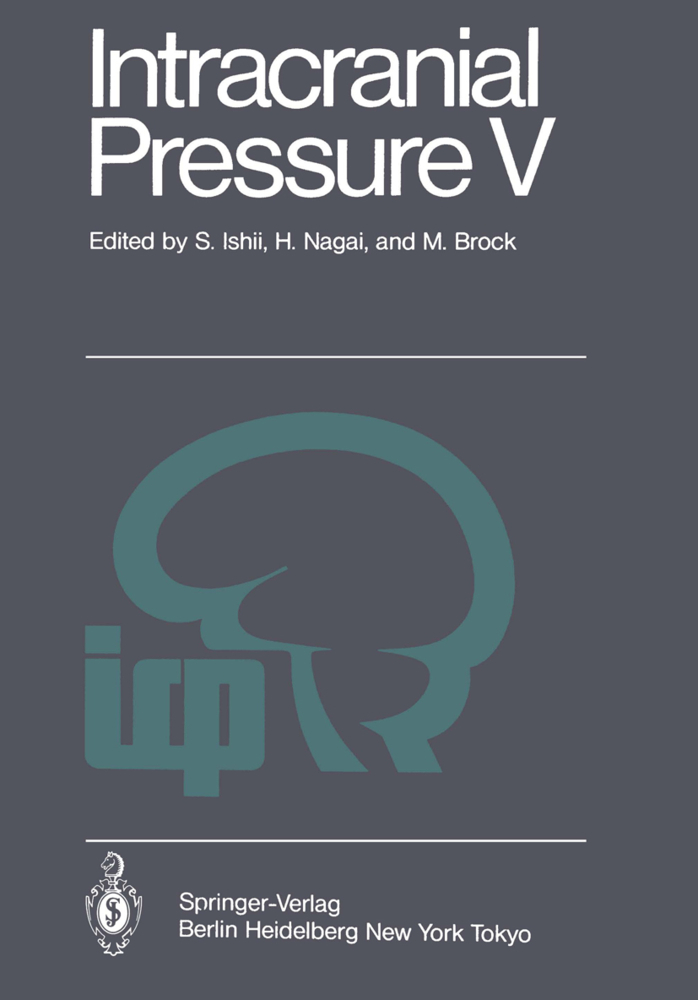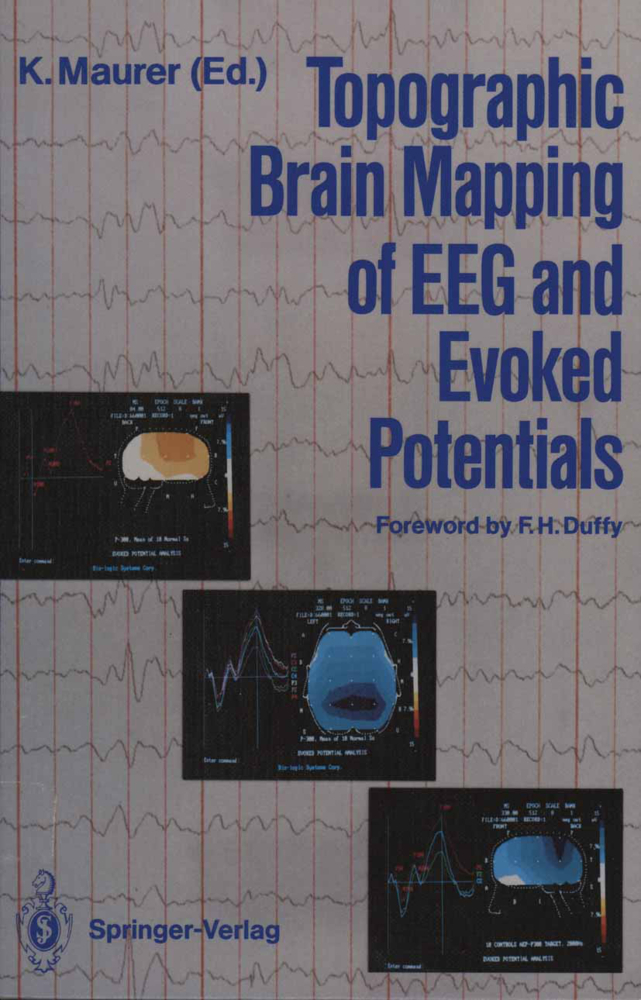Neurobiological Mechanisms of Opiate Withdrawal
Neurobiological Mechanisms of Opiate Withdrawal
Some general aspects of opiate dependence are described in a first section including a brief historical description and an explanation of the different models currently used to investigate opiate dependence. The neurobiological bases of opiate withdrawal are detailed in a second section, which particularly emphasizes the neurophysiological adaptative changes, the processes of homologous and heterologous regulation, and the role played by different brain structures and several endogenous peptides acting as antiopiates. The last part reports several basic aspects more directly related to the clinical perspectives of opiate dependence, such as the new expectations in the treatment of opiate withdrawal or the relationships between sensitization, tolerance and withdrawal.
3. Neurophysiology of Opiate Dependence
4. Neurochemistry of Opiate Dependence
5. Neuropsychopharmacology of Opiate Dependence
6. Tolerance and Sensitization to Opiates: Relationship to Withdrawal
7. Treatment of Opiate Withdrawal
8. The Role of Opiate Withdrawal in Addiction.
1. Historical Aspects
2. Animal Models of Opiate Dependence3. Neurophysiology of Opiate Dependence
4. Neurochemistry of Opiate Dependence
5. Neuropsychopharmacology of Opiate Dependence
6. Tolerance and Sensitization to Opiates: Relationship to Withdrawal
7. Treatment of Opiate Withdrawal
8. The Role of Opiate Withdrawal in Addiction.
Maldonado, Rafael
Stinus, Luis
Koob, George F.
| ISBN | 978-3-662-22220-1 |
|---|---|
| Artikelnummer | 9783662222201 |
| Medientyp | Buch |
| Auflage | Softcover reprint of the original 1st ed. 1996 |
| Copyrightjahr | 2013 |
| Verlag | Springer, Berlin |
| Umfang | XI, 204 Seiten |
| Abbildungen | XI, 204 p. 3 illus. |
| Sprache | Englisch |

